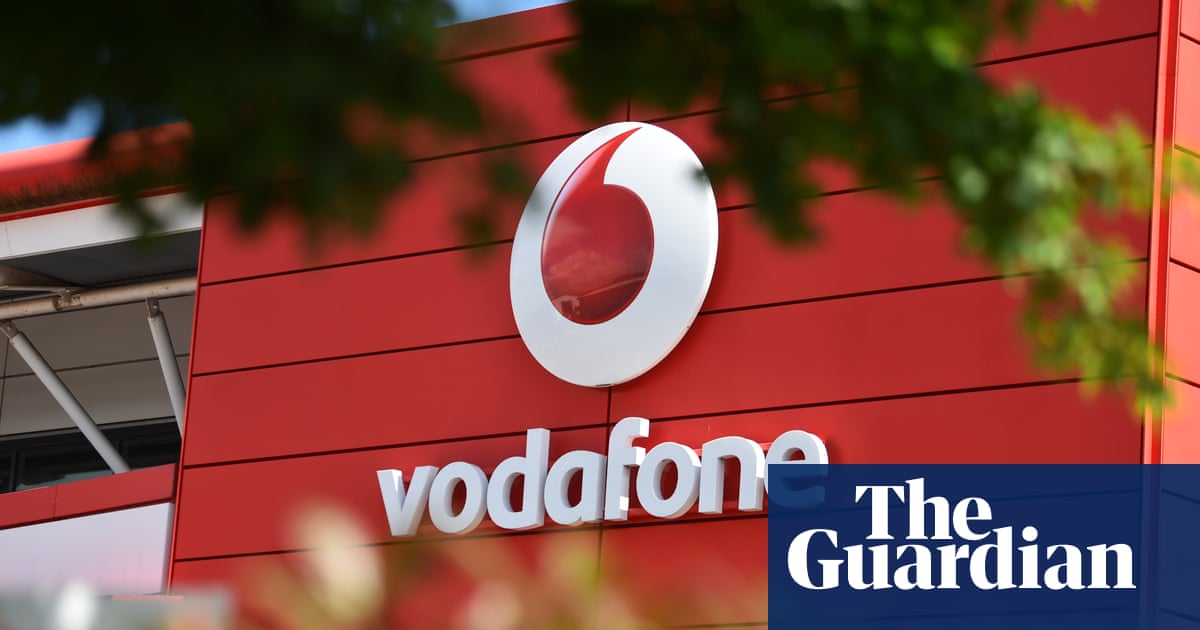
Vodafone and the owner of Three have agreed a deal to merge their British telecoms networks in a move that will create the UK’s largest mobile phone operator.
The two companies are the UK’s third- and fourth-biggest operators respectively. The newly combined company will, if the merger is completed, have more than 27 million subscribers, leapfrogging rivals EE, owned by BT, and Virgin Media O2, owned by Spain’s Telefónica and the US-listed company Liberty Global.
The deal is likely to face close scrutiny from competition regulators, although last year UK telecoms regulator Ofcomchanged its long-held stance saying it is now more open to consolidation in the sector. It had previously argued that dropping to only three networks in a country could harm consumers.
In 2016 the CMA and the European Commission blocked Three’s attempted takeover of O2, arguing that it would have risked higher prices.
The government is also likely to “call in” the deal for scrutiny under the National Security and Investment Act 2021, which allow ministers to block transactions linked to important national assets if they are deemed to harm national security, as Vodafone UK has a number of government contracts.
The union Unite said the deal should be blocked over concerns about foreign joint ownership of a key national asset – Three UK is owned by Hong Kong-based CK Hutchison – as well as lead to job cuts and higher prices.
Vodafone, which has been heavily-criticised for implementing inflation-busting price rises for consumers, announced last month that the company planned to cut 11,000 jobs over the next three years.
Gail Cartmail, the executive head of operations at Unite, said: “This deal will give a company with deep ties to the Chinese state an even more prominent place at the heart of the UK’s telecommunications infrastructure.
“On top of that, it will hike people’s bills and mean job losses for Vodafone and Three workers. The government must step in and stop this reckless merger and Unite is building a cross-party coalition to demand they do so.”
The two companies may look to sweeten their position with regulators by emulating the offer made by Three and O2 as part of their ultimately failed deal to merge and freeze prices for UK consumers for five years.
Rivals are also likely to call for the new combined entity to give up some of its valuable 5G mobile spectrum, and to allow rivals such as Sky, TalkTalk and other brands that do not own their own infrastructure on to their network.
Margherita Della Valle, Vodafone’s group chief executive, described the merger of Vodafone UK and Three UK as being “great for customers, great for the country and great for competition”, in a stock market announcement published on Wednesday.
Talks between Vodafone and Three have been running since autumn. Vodafone will have 51% and CK Hutchison will have 49% of the combined business.
Under the plans, which include a pledge to invest £11bn in the UK over 10 years, Vodafone has an option to buy up CK Hutchison’s stake three years after completion, which is expected by the end of 2024.
after newsletter promotion
Kester Mann, the consumer and connectivity director at CCS Insight, said: “This long-awaited mega-merger represents the biggest shake-up in the UK mobile market for over a decade.
“This deal will still face a major challenge to win approval. Blocking it could thwart the long-term development of the UK’s telecoms infrastructure. At this stage, I believe it is too difficult to call either way.”
Completing the merger will be the first big task for Della Valle, who was appointed in April to replace Nick Read. Read had struggled to arrest a long decline in Vodafone’s share price from above £2.50 in 2015 to below 75p in June.
Vodafone is a member of the FTSE 100, with a market value of about £20bn. However, it has come under pressure from activist investors, including the French telecoms billionaire Xavier Niel, whose investment vehicle in September said it wanted Vodafone to “pursue consolidation opportunities”. The Emirati telecoms group e& recently upped its stake to 14.6%.
The Swedish investor Cevian had also bought shares in the company to push for change but had reportedly sold most of it by the time the Three talks were disclosed.
CK Hutchison also owns interests in ports, retail and infrastructure, such as a UK train leasing company and Northumbrian Water.
https://news.google.com/rss/articles/CBMic2h0dHBzOi8vd3d3LnRoZWd1YXJkaWFuLmNvbS9idXNpbmVzcy8yMDIzL2p1bi8xNC92b2RhZm9uZS1hbmQtdGhyZWUtYWdyZWUtbWVyZ2VyLXRvLWZvcm0tdWstbGFyZ2VzdC1tb2JpbGUtb3BlcmF0b3LSAXNodHRwczovL2FtcC50aGVndWFyZGlhbi5jb20vYnVzaW5lc3MvMjAyMy9qdW4vMTQvdm9kYWZvbmUtYW5kLXRocmVlLWFncmVlLW1lcmdlci10by1mb3JtLXVrLWxhcmdlc3QtbW9iaWxlLW9wZXJhdG9y?oc=5
2023-06-14 11:41:00Z
2119514832
Tidak ada komentar:
Posting Komentar